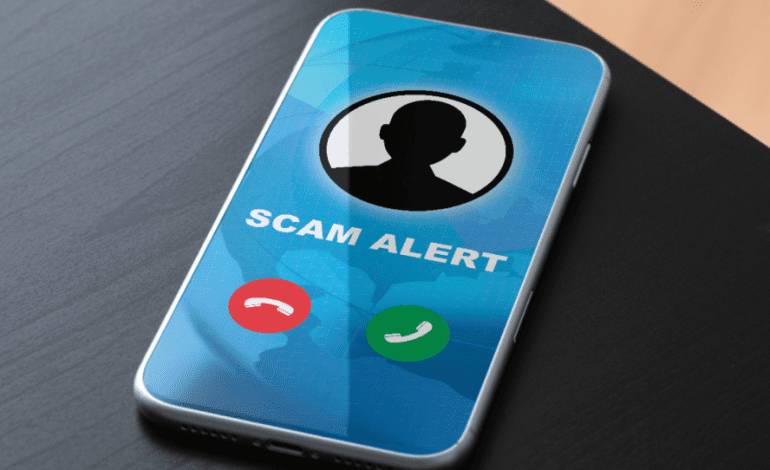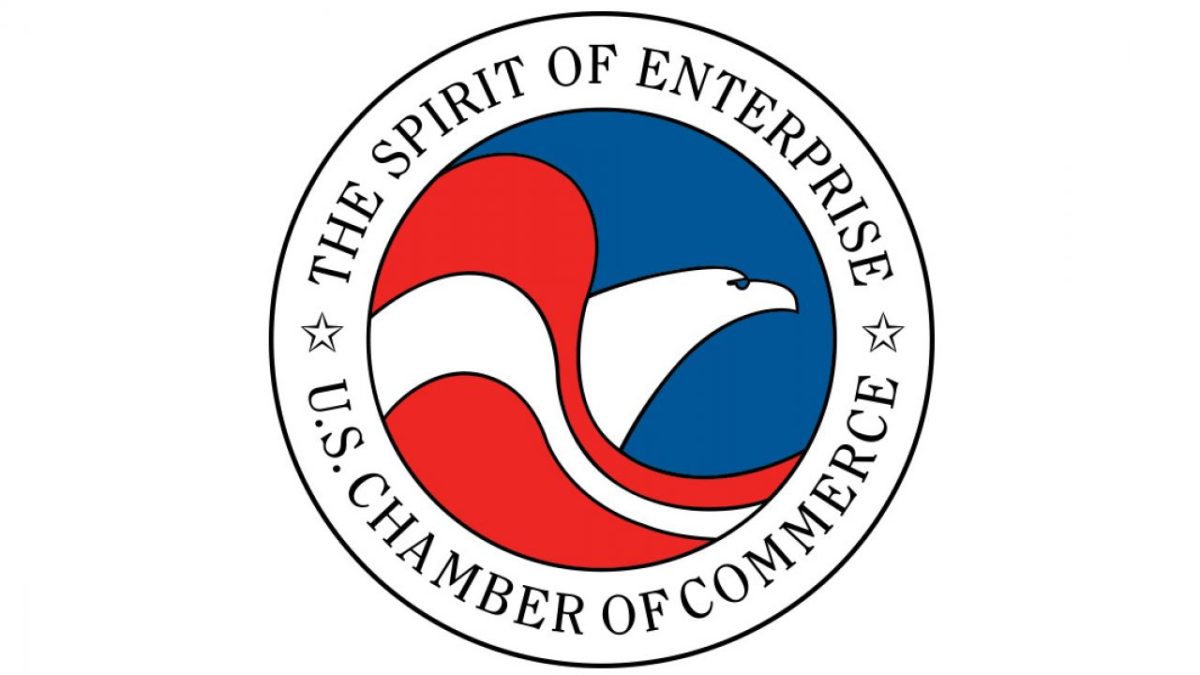
Government impostor scams: What you need to know
By Mechelle Agbanyi Mills
“Scammers impersonate well-known agencies and use fear tactics to press victims to take action.”
Mechele Agbayani Mills, President and CEO of BBB Central East Texas
These government impostor scams aim to scare people into sending money or revealing sensitive data. Scammers impersonate well-known agencies and use fear tactics to press victims to take action.
In an era where digital communication makes it easier than ever for scammers to disguise themselves, many Americans continue to fall victim to government impostor scams. These deceptive operations rely on fear and authority, using fake credentials and urgent threats to convince consumers that they’re speaking with legitimate officials.
“These government impostor scams aim to scare people into sending money or revealing sensitive data,” said Mechele Agbayani Mills, President and CEO of BBB Central East Texas. “Scammers impersonate well known agencies and use fear tactics to press victims to take action.”
The Stakes Are High
- The median loss for many victims is about $960, rising to $2,700 for consumers over age 60.
- Only about 6% of people who receive such calls report losing money, but the sheer volume makes the scheme profitable.
- Many scams originate internationally, using VoIP and spoofing tools to hide their tracks.
BBB provides the following tips to keep from becoming a victim:
Don’t trust caller ID alone. Independently verify by contacting the agency yourself.
Know how real government agencies act. They don’t demand instant payments via gift cards, nor do they threaten arrest by phone.
Avoid unconventional payment methods. Remember, gift cards, crypto, and peer transfers are red flags.
Guard your personal information. Don’t share financial or personally identifiable information unless you initiated the contact.
Check email domains. Official messages should come from “.gov” or “.mil” addresses.
Report suspicious behavior. Use the FTC’s ReportFraud site and BBB’s ScamTracker.
If You Think You’ve Been Targeted:
- End the call or stop replying.
- Directly contact the supposed agency using a known, official contact method.
- Monitor financial statements; consider fraud alerts or credit freezes. Contact your financial institutions immediately if you suspect fraud.
Mechele Agbayani Mills, President and CEO of BBB Central East Texas




